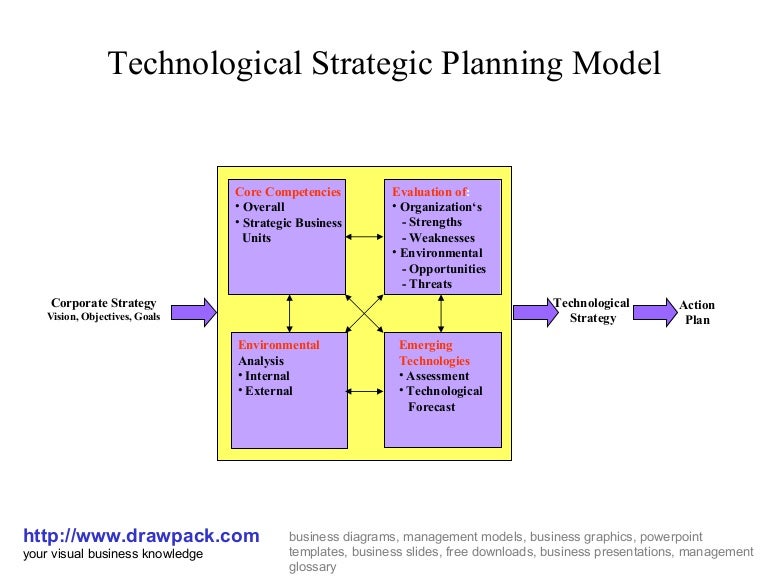China's Space Supercomputer: A Technological And Strategic Overview

Table of Contents
Technological Capabilities of China's Space Supercomputer
China's investment in high-performance computing (HPC) is evident in its development of several supercomputers, some of which undoubtedly contribute significantly to its space program. While a specific "Space Supercomputer" isn't publicly named, we can analyze the capabilities of existing systems to understand their likely role.
Processing Power and Speed
The processing power of China's leading supercomputers, such as those in the Tianhe series, is measured in petaflops (PFLOPS) and is rapidly approaching exascale computing capabilities (10<sup>18</sup> FLOPS). This parallel processing architecture enables the simultaneous execution of numerous complex calculations, essential for handling the massive datasets generated by space missions.
- Computational Capabilities: These supercomputers can simulate complex atmospheric re-entry scenarios, predict satellite trajectories with incredible precision, and process vast amounts of satellite imagery with unprecedented speed.
- Unique Technological Advancements: China's continued advancements in processor design and interconnect technologies are key to the performance of these systems, potentially incorporating novel approaches to parallel processing and data management.
Specialized Applications in Space Research
China's space supercomputers are crucial for a wide array of space-related tasks:
- Satellite Data Processing: Processing high-resolution satellite imagery for earth observation, mapping, and environmental monitoring.
- Trajectory Calculations: Precisely calculating and predicting the orbits of satellites and spacecraft, crucial for navigation and mission control.
- Space Environment Simulations: Modeling the effects of the space environment (radiation, solar flares) on spacecraft and astronauts.
- Astrophysical Modeling: Simulating celestial events and phenomena to aid in astronomical research and discovery.
- Deep Space Exploration Planning: Planning and simulating complex deep space missions, optimizing trajectories and resource allocation.
Data Management and Analysis
The sheer volume of data generated by modern space missions necessitates advanced data management and analysis capabilities. China's space supercomputers play a vital role here:
- Data Storage Capacity: Massive data storage capacity is crucial for archiving and accessing large datasets from various space-based sensors and instruments.
- Data Processing Techniques: Employing machine learning and artificial intelligence (AI) algorithms for automated data analysis, pattern recognition, and anomaly detection.
- Data Visualization Tools: Sophisticated visualization tools are used to interpret and present complex datasets in a meaningful way.
- Data Security: Robust cybersecurity measures are implemented to protect sensitive data from unauthorized access and cyber threats.
Strategic Implications of China's Space Supercomputer
The development and deployment of a powerful space supercomputer have far-reaching strategic implications for China.
National Security and Defense
The supercomputer's capabilities directly support China's national security and defense strategies in space:
- Missile Defense Systems: Simulating and testing missile defense systems, improving their effectiveness and accuracy.
- Satellite Surveillance: Processing satellite data to monitor military activities and potential threats.
- Anti-Satellite Capabilities: While not explicitly confirmed, the supercomputer could play a role in developing and testing anti-satellite weapons (though such development raises ethical and international law concerns).
Economic and Technological Advancement
The space supercomputer drives innovation and economic growth within China:
- Spin-off Technologies: Developments in supercomputing and data analytics create spin-off technologies applicable to other sectors.
- Job Creation: The space program and related industries create numerous high-tech jobs in engineering, science, and technology.
- Attracting International Talent: China's investment in advanced technologies attracts skilled scientists and engineers from around the globe.
International Space Cooperation (or Competition)
China's advancements in space technology, including its supercomputing capabilities, significantly impact international space cooperation and competition:
- Potential Partnerships: While largely focused on independent development, China is also engaging in some forms of international space cooperation.
- Rivalries with Other Space Powers: China's progress intensifies competition with other spacefaring nations like the US, Russia, and the European Union.
- Implications for International Space Law: The increasing militarization of space raises concerns about the need for updated and enforceable international space laws.
Conclusion
China's investment in a dedicated, or implicitly dedicated, space supercomputer represents a significant technological and strategic leap. Its advanced processing power, specialized applications in space research, and crucial role in national security are undeniable. The supercomputer's impact extends beyond space exploration, driving economic growth and technological innovation within China and reshaping the global space race dynamics. Further exploration into the capabilities of China's Space Supercomputer is crucial for understanding the evolving dynamics of the global space race and the future of space exploration. To stay abreast of the latest developments, continue to follow the advancements in China's space program and the role of high-performance computing in shaping the future.

Featured Posts
-
 A Comprehensive Map Of The Countrys Thriving Business Areas
May 20, 2025
A Comprehensive Map Of The Countrys Thriving Business Areas
May 20, 2025 -
 Novini Z Gollivudu Dzhennifer Lourens Vdruge Stala Matir Yu
May 20, 2025
Novini Z Gollivudu Dzhennifer Lourens Vdruge Stala Matir Yu
May 20, 2025 -
 Asbh A Biarritz Pro D2 Le Mental Enjeu Principal
May 20, 2025
Asbh A Biarritz Pro D2 Le Mental Enjeu Principal
May 20, 2025 -
 Fin De L Affaire Jaminet Remboursement Integral Au Stade Toulousain
May 20, 2025
Fin De L Affaire Jaminet Remboursement Integral Au Stade Toulousain
May 20, 2025 -
 Benjamin Kaellman Vahvempi Huuhkajat Maalintekijoeiden Myoetae
May 20, 2025
Benjamin Kaellman Vahvempi Huuhkajat Maalintekijoeiden Myoetae
May 20, 2025
